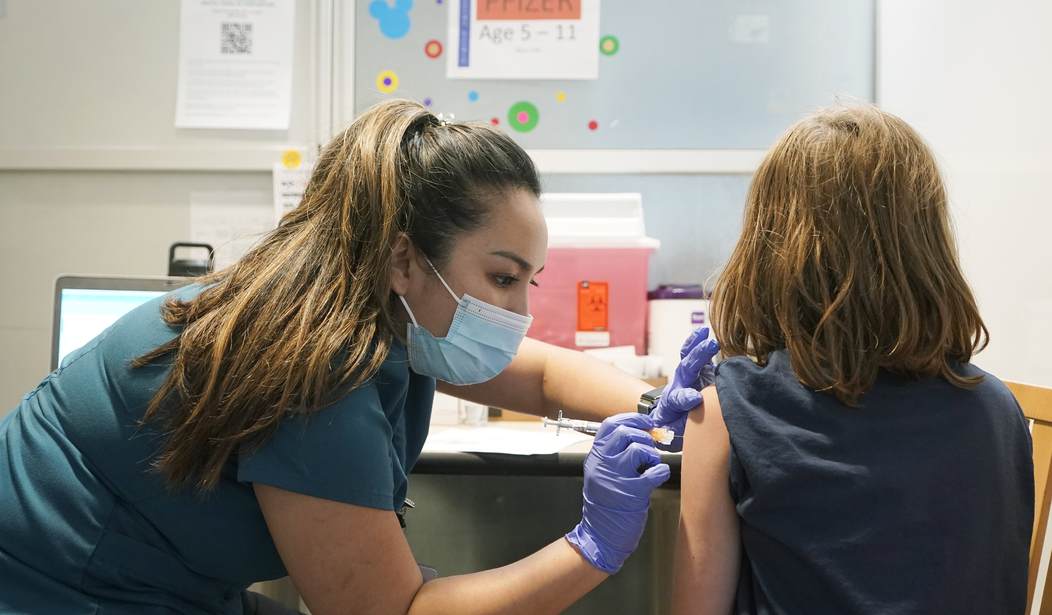The Vermont Supreme Court ruled last week that a family whose child was vaccinated against COVID-19 without consent cannot sue the school district.
Despite the father informing a school official prior to the November 2021 clinic that he did not want his child vaccinated—and the child verbally protesting (“Dad said no”)—the child was given one dose of Pfizer’s COVID vaccine after accidentally wearing the name tag of another student, the ruling states. According to Crisis in the Classroom, "The second student had allegedly already received a vaccination earlier that day."
Academy School officials eventually realized the error and called L.P.'s parents to apologize, who later removed their child from the school, according to the ruling.
The Vermont Supreme Court ruled Friday state and school officials involved in the matter are protected under the Public Readiness and Emergency Preparedness (PREP) Act, which provides liability immunity. In the event of a public health emergency, the PREP Act ensures certain "covered persons" are immune from claims causally related to the use of a "covered countermeasure." A vaccine is considered a covered countermeasure.
"To avoid dismissal on immunity grounds, plaintiffs would have had to present wellpleaded allegations showing that (1) at least one defendant was not a covered person, (2) some conduct by a defendant was not causally related to administering a covered countermeasure, (3) the substance injected into L.P. was not a covered countermeasure, or (4) there was no PREP Act declaration in effect at the time L.P. was injected," the ruling reads.
The high court's ruling affirms a January 2023 decision by a state superior court. (CITC)
Recommended
Critics blasted the ruling.
This needs to go to the Supreme Court. https://t.co/V9qesEwn3I
— The Redheaded libertarian (@TRHLofficial) August 1, 2024
This is unconscionable. https://t.co/mEhVFCzDsF
— Dr. Kat Lindley (@KLVeritas) August 1, 2024

























Join the conversation as a VIP Member